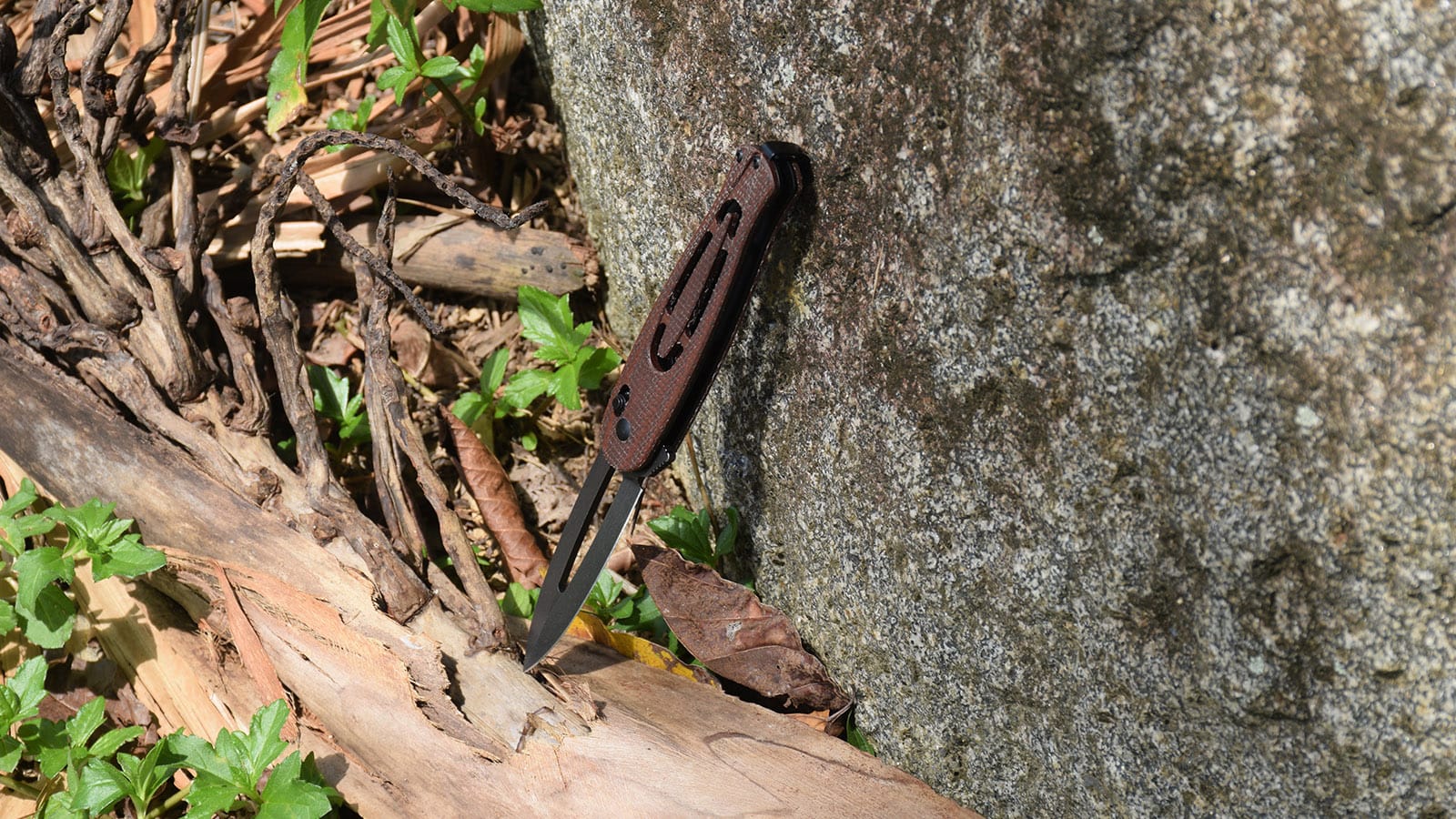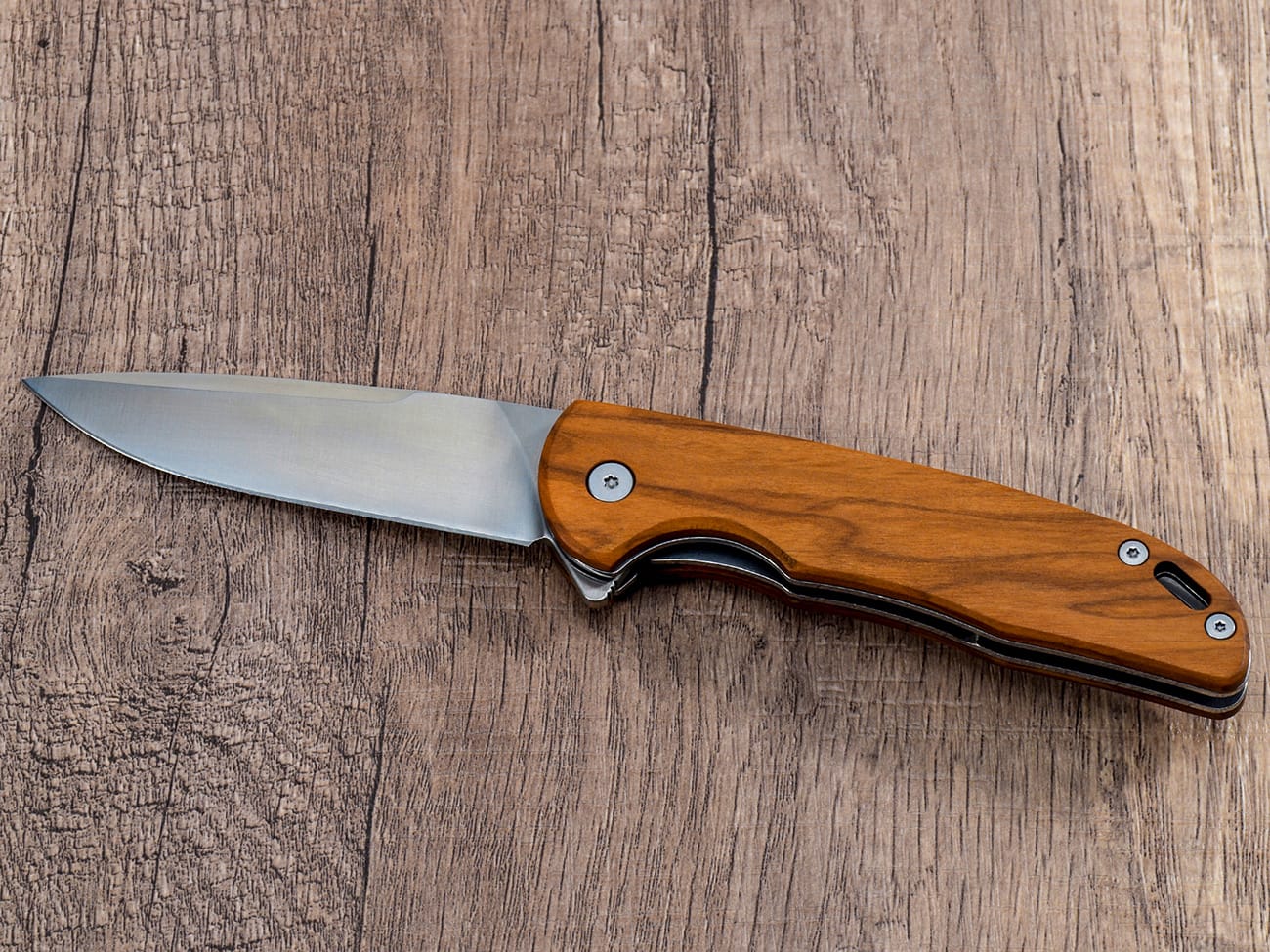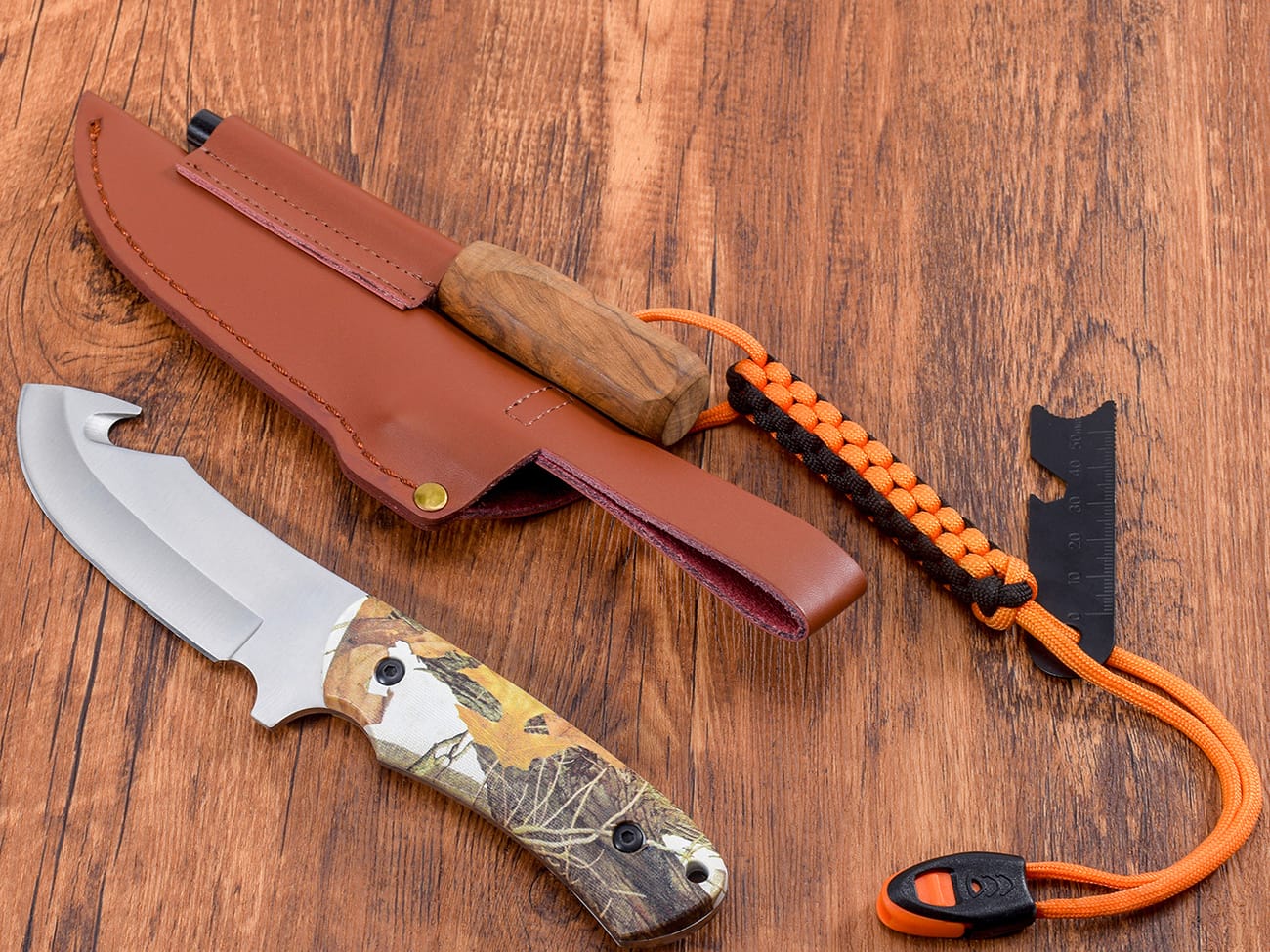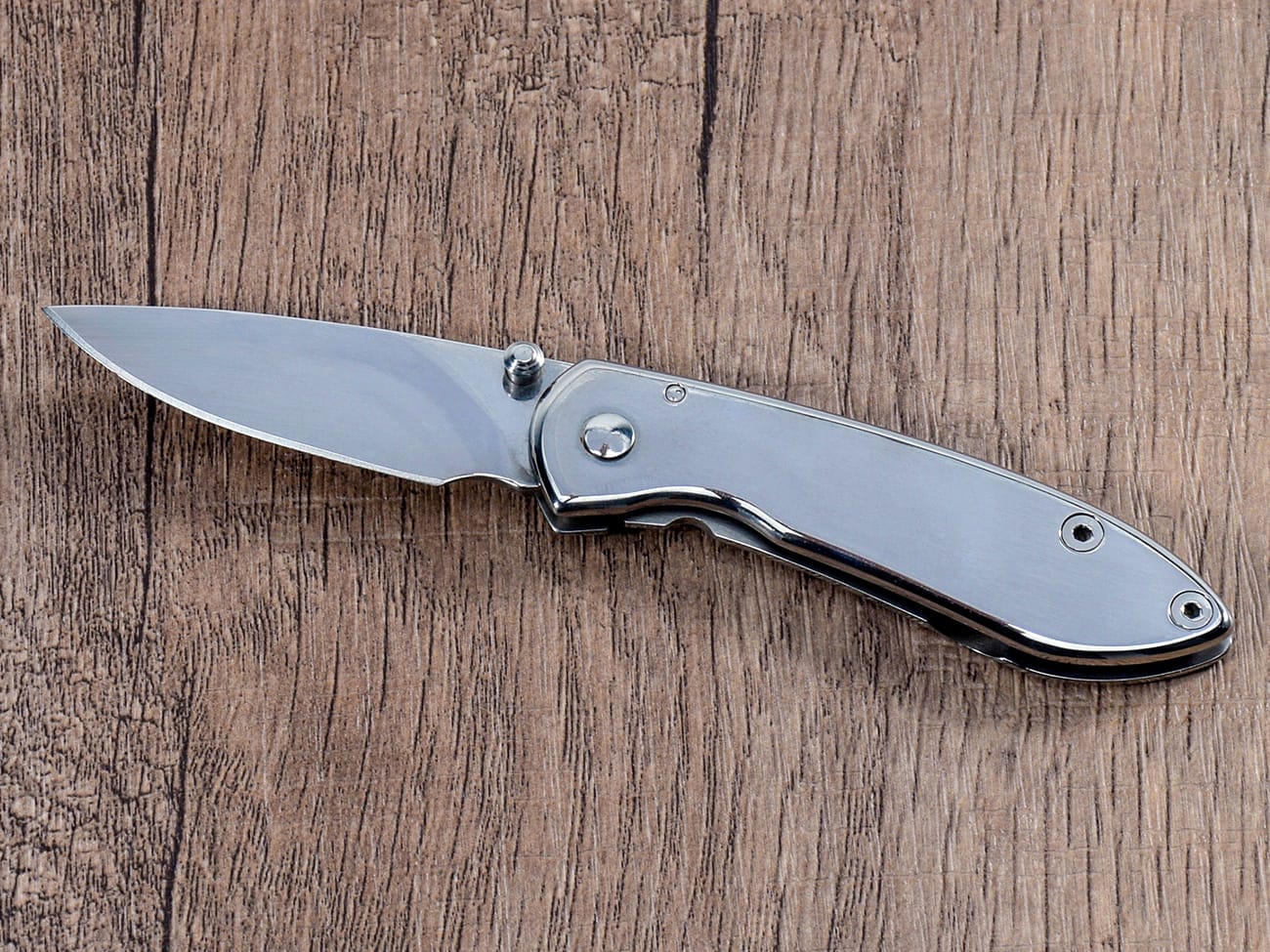Pocket knives are versatile tools that many people carry for everyday tasks, but their legality can be confusing. This article will provide a detailed overview of pocket knife laws, helping you understand when and where it’s legal to carry a pocket knife. We’ll explore various aspects of knife laws, including blade length restrictions, types of knives allowed, and state-specific regulations. Whether you’re a knife enthusiast or simply curious about the legalities, this guide will help you navigate the complex world of pocket knife rules.
What Defines a Pocket Knife?
Before delving into the legalities, it’s essential to understand what constitutes a pocket knife. A pocket knife, also known as a folding knife, is a compact cutting tool with a blade that folds into the handle. These knives are designed for everyday carry (EDC) and are typically used for various tasks like opening packages, cutting rope, or peeling fruit.Pocket knives come in various styles, including:
- Single-blade folding knives
- Multi-tool pocket knives
- Swiss Army knives
- Assisted-opening knives
The design and functionality of a pocket knife can impact its legality, so it’s crucial to be aware of the specific type you’re carrying.
Are Pocket Knives Legal to Carry?
The short answer is: it depends. The legality of carrying a pocket knife varies based on several factors, including:
- Your location (state and local laws)
- The type of knife
- Blade length
- Intended use
- Where you plan to carry it (e.g., concealed or open carry)
In general, most states allow the carrying of common folding knives for everyday use. However, there are often restrictions on blade length, knife type, and how the knife is carried.
What Types of Knives Are Legal to Carry?
While laws vary by state, some types of knives are generally more accepted for everyday carry:
- Basic folding knives
- Swiss Army knives
- Multi-tools with small blades
- Utility knives with folding blades
On the other hand, certain types of knives are often restricted or prohibited:
- Switchblades or automatic knives
- Ballistic knives
- Balisong (butterfly) knives
- Gravity knives
- Disguised knives (e.g., belt buckle knives)
It’s important to note that even if a knife type is generally legal, there may be restrictions on blade length or how it can be carried.
How Does Blade Length Affect Pocket Knife Laws?
Blade length is a crucial factor in determining the legality of a pocket knife. Many states have specific blade length restrictions for concealed carry. Common blade length limits include:
- 2.5 inches
- 3 inches
- 3.5 inches
- 4 inches
For example, in California, it’s legal to carry a folding knife with a blade shorter than 2 inches concealed, while knives with longer blades must be carried openly.It’s important to measure your knife’s blade accurately, as even a fraction of an inch can make the difference between legal and illegal carry.
Can You Legally Carry a Concealed Pocket Knife?
The legality of carrying a concealed pocket knife varies by state and local jurisdiction. Some states allow concealed carry of pocket knives, while others have restrictions based on blade length or knife type.For instance:
- In Texas, it’s legal to carry most pocket knives concealed, regardless of blade length.
- In New York, concealed carry of any knife is technically illegal, though enforcement varies.
- In Oregon, concealed carry of a pocket knife is legal as long as it’s not a switchblade.
Always check your local laws before carrying a concealed pocket knife, as penalties for illegal concealed carry can be severe.
What Are the Open Carry Laws for Pocket Knives?
Open carry laws for pocket knives are generally more lenient than concealed carry laws. In many states, it’s legal to openly carry a pocket knife, even if the blade length exceeds the limit for concealed carry.However, there are still some considerations:
- Some states restrict open carry of certain types of knives, such as switchblades or balisongs.
- Open carry may be prohibited in specific locations, like schools or government buildings.
- Even if legal, open carry of a large knife may attract unwanted attention or concern from others.
Are There Restrictions on Carrying Knives in Specific Locations?
Yes, many locations have specific restrictions on carrying knives, even if they’re legal in other areas. Common places with knife restrictions include:
- Schools and educational institutions
- Government buildings and courthouses
- Airports and airplanes
- Bars and nightclubs
- Sports stadiums and arenas
- Amusement parks
Always research the specific rules for any location you plan to visit, as carrying a knife in a restricted area can result in serious legal consequences.
How Do California’s Knife Laws Differ from Other States?
California’s knife laws are often considered some of the most complex in the United States. Here are some key points about California’s knife carrying laws:
- Switchblades with blades over 2 inches are illegal to carry, sell, or possess in public.
- It’s legal to carry a folding knife (including assisted-opening knives) concealed, as long as the blade is not locked open.
- There’s no restriction on blade length for openly carried knives.
- Certain knives, like ballistic knives and belt-buckle knives, are completely prohibited.
California’s laws emphasize the importance of knife mechanism and how the knife is carried, rather than focusing solely on blade length.
What Are Some Common Misconceptions About Pocket Knife Laws?
There are several misconceptions about pocket knife laws that can lead to unintentional violations:
- “If it’s sold in stores, it must be legal to carry.” – Not necessarily true, as retail availability doesn’t guarantee legality.
- “Blade length is the only factor that matters.” – While important, blade length is just one aspect of knife laws.
- “All states have the same knife laws.” – Knife laws can vary significantly between states and even cities.
- “If I have a valid reason to carry a knife, it’s always legal.” – Intent doesn’t always override legal restrictions.
- “Small knives are always legal to carry.” – Even small knives can be illegal in certain jurisdictions or locations.
It’s crucial to research and understand the specific laws in your area to avoid these common misconceptions.
How Can You Ensure You’re Carrying a Legal Pocket Knife?
To ensure you’re carrying a legal pocket knife, follow these steps:
- Research your state and local knife laws thoroughly.
- Choose a knife that complies with blade length restrictions.
- Opt for a common, non-restricted knife type (e.g., basic folding knife).
- Consider how you’ll carry the knife (open vs. concealed).
- Be aware of restricted locations in your area.
- When in doubt, choose a smaller, simpler knife design.
- Consider carrying documentation of your knife’s specifications.
Remember, it’s always better to err on the side of caution when it comes to knife laws.
What Are the Penalties for Illegally Carrying a Pocket Knife?
The penalties for illegally carrying a pocket knife can vary widely depending on the jurisdiction and the specific violation. Possible consequences include:
- Fines (ranging from hundreds to thousands of dollars)
- Misdemeanor or felony charges
- Probation
- Jail time (especially for repeat offenses or carrying in restricted areas)
- Confiscation of the knife
- Criminal record that can affect employment and housing opportunities
Given the potential severity of these penalties, it’s crucial to understand and follow all applicable knife laws.

How Do Knife Laws Affect Collectors and Enthusiasts?
Knife collectors and enthusiasts face unique challenges when it comes to knife laws:
- Collecting certain types of knives (e.g., switchblades or balisongs) may be illegal in some jurisdictions.
- Transporting a knife collection across state lines can be complicated due to varying laws.
- Displaying knives openly may be restricted in some areas.
- Selling or trading knives may require special permits or adherence to specific regulations.
Collectors should be particularly careful to research and comply with all applicable laws to protect their collections and avoid legal issues.
What Should You Do If Stopped by Law Enforcement While Carrying a Knife?
If you’re stopped by law enforcement while carrying a knife, follow these guidelines:
- Remain calm and polite.
- Inform the officer immediately that you’re carrying a knife.
- Do not reach for or touch the knife unless instructed to do so.
- Explain the purpose for carrying the knife (e.g., work tool, everyday carry).
- If asked, provide information about the knife’s specifications (blade length, type).
- Comply with the officer’s instructions.
- If you believe your knife is legal, respectfully explain why, but avoid arguing.
- If issues arise, consider seeking legal counsel before making any statements.
Remember, your safety and the officer’s safety are the top priorities in any law enforcement interaction.
How Can You Stay Informed About Changes in Knife Laws?
Knife laws can change over time, so it’s important to stay informed:
- Subscribe to newsletters from knife rights organizations.
- Follow reputable knife law blogs or forums.
- Regularly check your state and local government websites for updates.
- Attend knife shows or meetups where legal information is often shared.
- Consult with a local attorney specializing in weapons laws.
- Join online communities dedicated to knife enthusiasts and legal discussions.
Staying informed about knife laws helps you make responsible decisions and avoid unintentional violations.
Summary: Key Points to Remember About Pocket Knife Laws
To wrap up, here are the most important things to remember about pocket knife laws:
- Knife laws vary significantly by state, county, and even city.
- Blade length, knife type, and carry method (open vs. concealed) are crucial factors in determining legality.
- Many locations, such as schools and government buildings, have specific knife restrictions.
- Common folding knives are generally more accepted than specialized or automatic knives.
- California has particularly complex knife laws that emphasize mechanism and carry method.
- Penalties for illegal knife possession can be severe, including fines and jail time.
- Stay informed about local laws and any changes that may affect your ability to carry a pocket knife.
By understanding and following these guidelines, you can enjoy the utility of a pocket knife while staying on the right side of the law. Remember, when in doubt, it’s always best to err on the side of caution or consult with a legal professional familiar with knife laws in your area.Folding knives are versatile tools that can be carried legally in many situations, but it’s crucial to understand and comply with all applicable laws to avoid legal issues. Whether you’re a collector, enthusiast, or simply someone who appreciates the utility of a good pocket knife, staying informed about knife laws is essential for responsible ownership and use.




